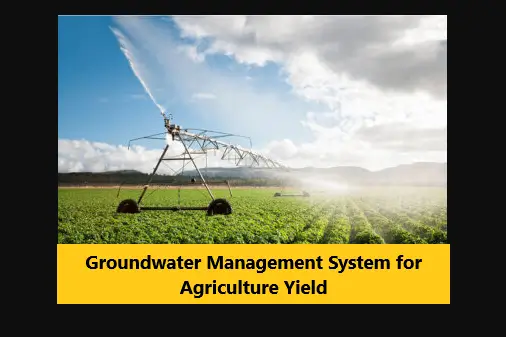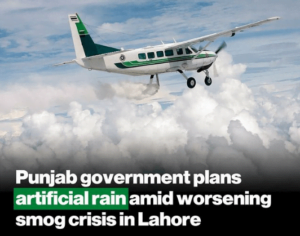Groundwater Management System for Agriculture Yield.
At a workshop organized by the International Water Management Institute (IWMI) Pakistan, experts underscored the critical role of effective water management, particularly through water accounting, in ensuring water availability across various sectors, especially agriculture, in Pakistan.
The workshop aimed to raise awareness among local journalists from print, electronic, and digital media, as well as media students, about water governance in the country. Its objective was to equip media professionals with the necessary knowledge to report more effectively on water governance issues.
Dr. Muhammad Arshid, Deputy Country Representative of IWMI Pakistan, highlighted several water-related reforms being undertaken through the UK Aid-funded programme, including water accounting, water resources assessment, Data as a Service (DaaS), groundwater management information systems, and irrigation demand management. These reforms aim to enhance water governance in the Indus Basin and support the implementation of national policies on water and climate change.
Additionally, the installation of divers in 300 tube wells across Okara district has facilitated remote monitoring of groundwater levels, eliminating the need for physical field visits. This technological advancement allows for real-time data access from anywhere in the world, contributing to better groundwater management.
Dr. Arshid also addressed the issue of inefficient water use in agriculture, resulting in lower crop yields compared to neighboring countries. He emphasized the need for farmers to adopt modern techniques and scientific methods to improve water-use efficiency and agricultural productivity.
Habibullah Bodla, technical advisor at IWMI and former chief irrigation engineer in Lahore, echoed these sentiments, advocating for improved water-use efficiency and sustainable agricultural practices. He emphasized the misconception among farmers that excessive water use leads to higher yields and stressed the importance of adopting data-driven approaches to water management.
Kanwal Waqar, a researcher and gender and youth specialist, discussed the incorporation of gender perspectives in media reporting and emphasized the importance of gender-sensitive reporting for promoting gender equality and inclusivity in media coverage.
The workshop, attended by over 50 journalists and media students, included a media exposure visit and training session to equip participants with tools and strategies for gender mainstreaming in media reporting. IWMI Pakistan plans to organize more capacity-building workshops and exposure visits as part of its WRAP Programme Component 1.
Note: The information above might not be accepted 100%. Please verify from your own sources. We will not be responsible for any kind of loss due to our content.
For more news, please visit Munafa Marketing.




